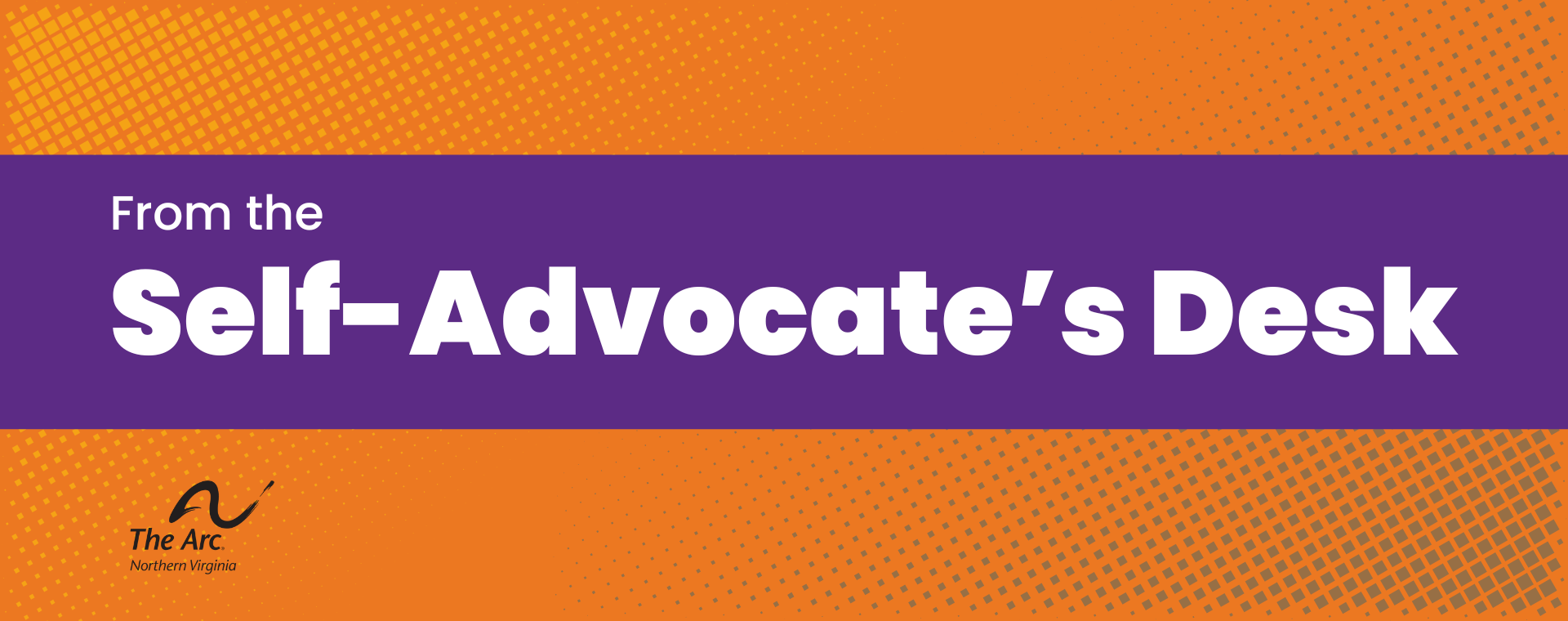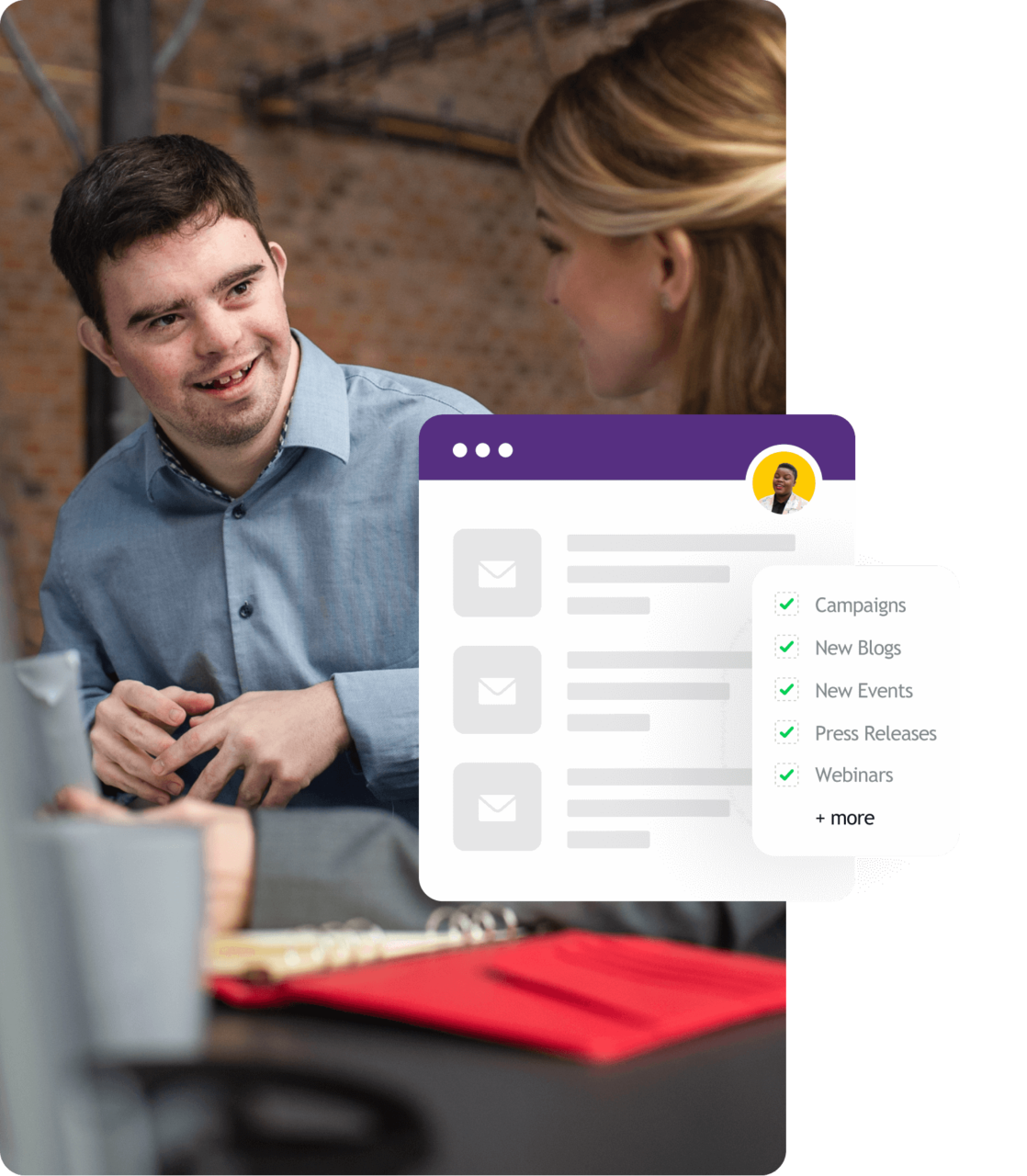Introduction
The Apprenticeship Pathways Act of 2025 (S. 235) proposes to bridge secondary education and employment through apprenticeships. This reflection explores both the bill’s potential and the real-world implications for students, particularly those with disabilities, balancing personal experience with policy insight.
Policy Overview
- What is it? S. 235 envisions federal grants via the U.S. Department of Labor to create apprenticeship programs for high school students in industries such as healthcare, technology, and the building trades.
- Who’s behind it? Introduced by Senator Heinrich (D–NM) with co-sponsor Senator Moran (R–KS), and referred to the Senate Committee on Health, Education, Labor, and Pensions.
- Current status: As of January 2025, the bill is in committee—awaiting further debate or action.
Systemic Barriers Highlighted by Personal Experience
I have frequently confronted assumptions about my competence, decisions made about me based on outdated perceptions rather than actual potential. These experiences reflect how gatekeeping often favors patterns of exclusion over individual capability. Programs like S. 235 offer a chance to shift that narrative, creating pathways that evaluate students equitably and inclusively.
Broader Implications
This legislation could especially benefit underserved populations: rural students, low-income youth, and students with disabilities. However, its current form lacks explicit language requiring Apprenticeship
accessibility, data tracking for disability participation, or stakeholder input from disability advocacy communities. Without such structural safeguards, those same students risk being inadvertently excluded.
Envisioning an Inclusive Future
For the bill to achieve its intentions, future versions should mandate:
- Accessible program design and plain-language communication
- Reporting on outcomes disaggregated by disability status
- Inclusive stakeholder engagement and outreach
- Intentional resource allocation for accommodations
Such improvements would not only broaden impact, they would model how policy can elevate equity from afterthought to central principle.
Call to Action
I encourage educators, advocates, and policymakers to:
- Support the bill publicly, but advocate for stronger accessibility elements
- Elevate self-advocate voices in conversations about workforce development
- Leverage local apprenticeship programs as models for inclusive design
- Push for transparent data, diverse stakeholder collaboration, and scalable resources
Closing Reflection
The Apprenticeship Pathways Act represents more than policy—it symbolizes a belief in human potential. My experience affirms that opportunity should not be conditional on convenience, stereotypes, or systems unprepared to support diverse learners. With intentional design and inclusive practices, S. 235 could help ensure that all students—not only some—are ready to contribute meaningfully to our shared future.
Warm regards,
Ian Allan
Self-Advocate for The Arc of Northern Virginia
Ian Allan is a self-advocate with a deep commitment to policy literacy, systems change, and disability justice. Through The Arc of Northern Virginia, he works to ensure that people with intellectual and developmental disabilities are not merely served by systems, but are actively shaping them.

